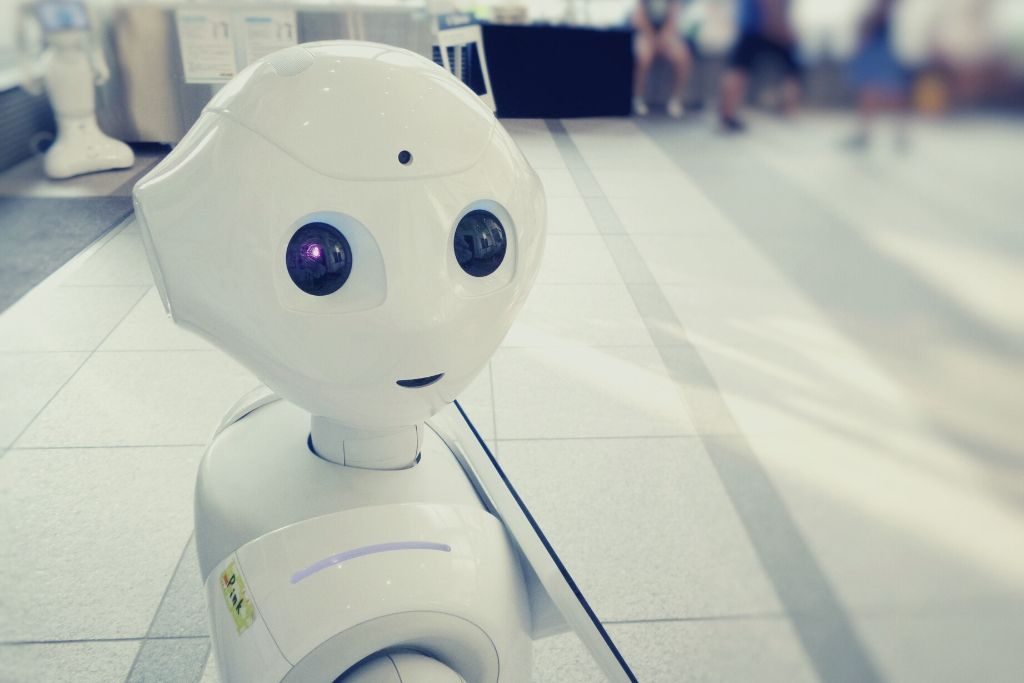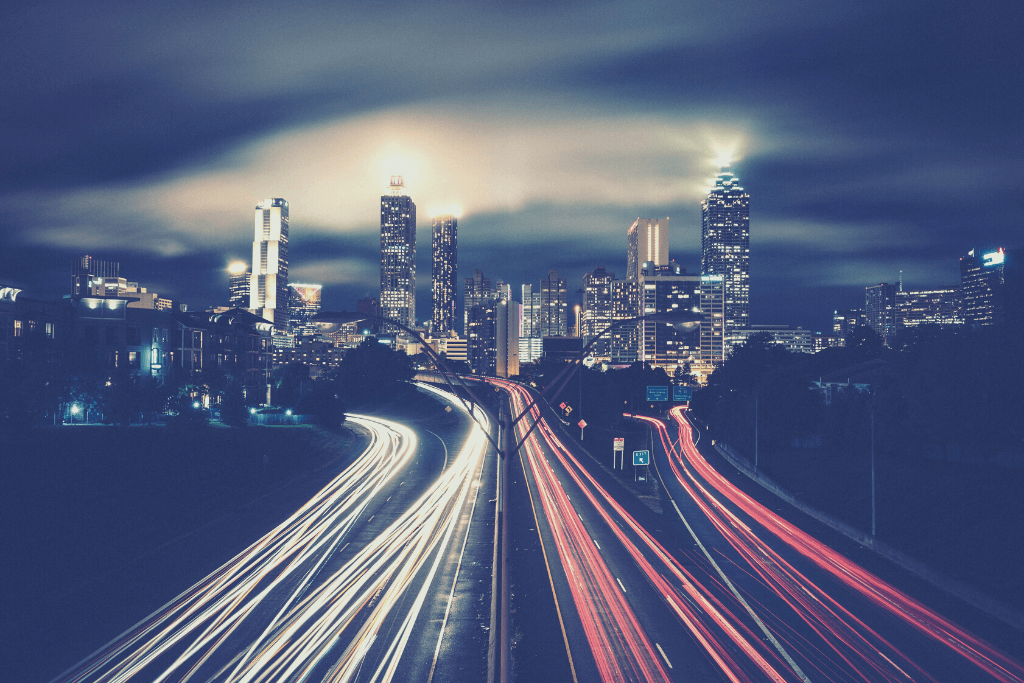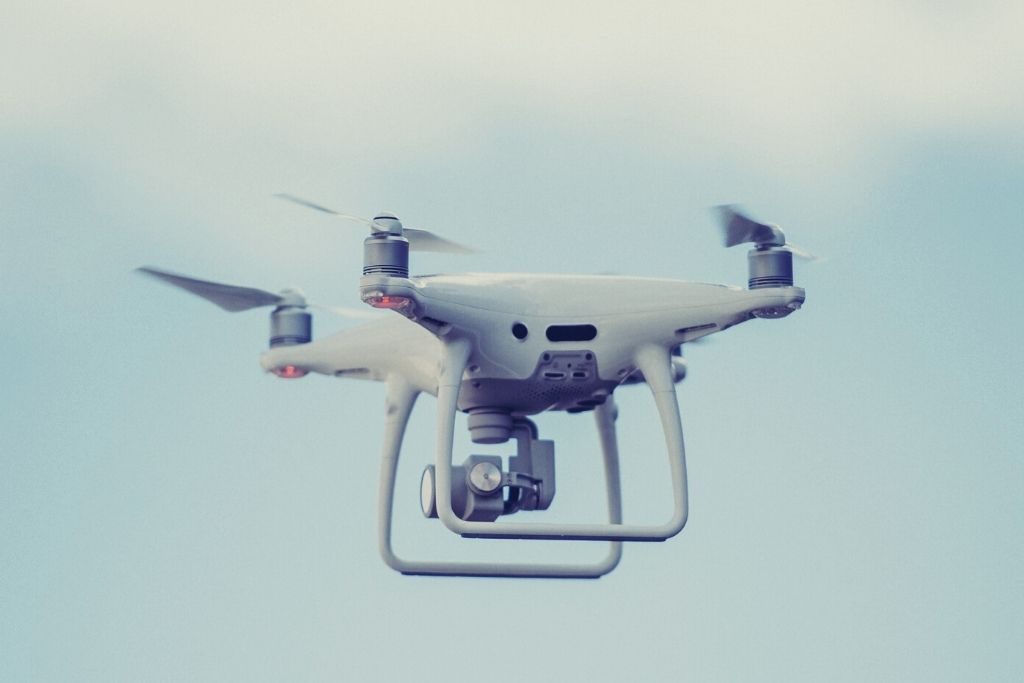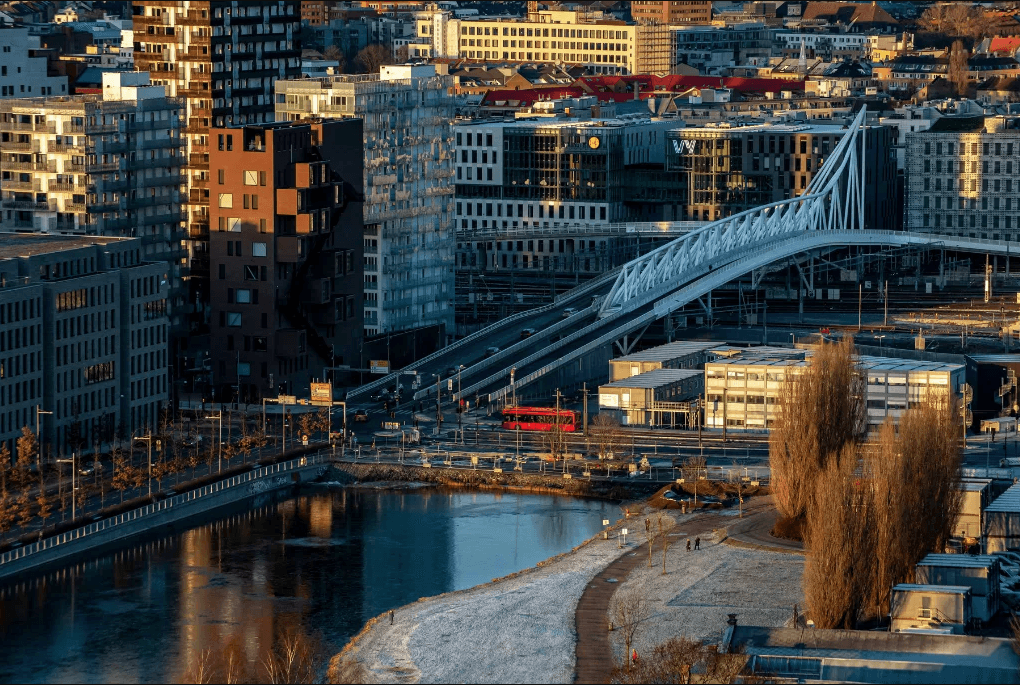Tech-powered Tokyo is already the world’s most innovative city. However, as the city is diving even deeper into upgrading its tech game in preparation for the Tokyo 2020, the Japanese capital may soon be even more futuristic. For the past three years, the Asian metropolis has undergone a city-wide transformation to the tune of $51.4 billion to host the 2020 Olympics, likely the second most expensive Olympics preparation in history.
Plans range from the practical to the fantastical—including a man-made meteor shower and a flying car for the opening games. Japan is banking on the sticker shock being worth it, however, for “the most innovative and technologically advanced sporting event ever held.”
It will be no easy feat in a notoriously crowded city. With 3.6 million daily commuters, Tokyo’s Shinjuku Station is the busiest train station in the world and over half a million tourists will descend on the city when the games kick-off. That may be the most significant impact of the 2020 Olympics: it will be a test of how smart technology can help a packed city stretch beyond its capacity without sacrificing efficiency. With 6 billion people expected to live in the world’s cities by 2045, the world will be watching.
Driverless Cars Get a Jumpstart
The smart city experience will begin as soon as tourists, athletes, and businesspeople disembark in Tokyo. A Japanese air carrier plans to have a driverless bus loop through the airport, and autonomous mobility scooters will zip through the terminals.
The Japanese government is fast-tracking driverless cars to ferry athletes and tourists around the city and Japanese robotics company JMP will have an automated taxi service to ferry visitors between the stadiums and public transportation.
“The Olympics has created a focus point for a government really seeking to advance their science and technology agenda,” Naoko Iwanaga from JLL Japan Research told the World Economic Forum.
Nothing Lost in Translation
Security for the newly swelling city will be paramount. The municipal government has teamed up with Japanese company Panasonic to combine cameras with an LTE network to project security threats onto a map. Security personnel will be equipped with technology that converts smartphones into wearable cameras with the capacity to stream video to a central location. The officials will then use artificial intelligence to analyze videos for security threats. A fleet of drones surveilling the premises soaring 50 to 70 meters in the air will bolster the cameras. This way, they’ll be able to monitor a 3-kilometer radius.
A Tokyo firm has developed facial recognition software that can screen attendees in less than .3 seconds as they enter and exit facilities. Storing the facial images of every one of the 300,000 athletes, journalists, volunteers, and trainers with official accreditation will eliminate typically lengthy lines. It will also reduce the risk of lost identity cards and, more importantly, the threat of forgery that looms over events of this scale.
Smart Stadiums
Once inside, attendees will have a glimpse into stadiums of the future. Communication will be painless as Panasonic devices will translate in real-time. Purchases will be made using touch screens and contactless payments.
For those who can’t attend in person, there will be a virtual reality broadcast, streaming an immersive, like real-life experience of the opening and closing ceremonies and select sporting events around the world.
New stadiums will boast cameras that display the heart rate of competing athletes, and additional specialized cameras will capture athletes’ form and analyze the biomechanics of each movement. Projected onto television screens around the world, viewers will have unprecedented access to each athletic performance.
Automating an Overcrowded Future
The key to justifying the extraordinary expense is arguing that this technology will help catapult Japan into a more streamlined, efficient future.
The Japanese government sees technologies like these as a means to create a smart city that can serve the world as an international financial hub even after the Olympics end.
Naoko Iwanaga from JLL Japan Research
The driverless cars developed for the games, for example, will be commercialized for public use by 2022. Japanese technology experts hope that Intel’s blanketing of the city in 5G for the games will help make Tokyo the world’s first 5G interconnected city.
To some, the 2020 Olympics preparations seem extravagant. However, Japan sees the Games as an opportunity to surge ahead of Silicon Valley. From 2015-2017, Tokyo developed more patents than anywhere in the world—and that’s a new level in the game.






